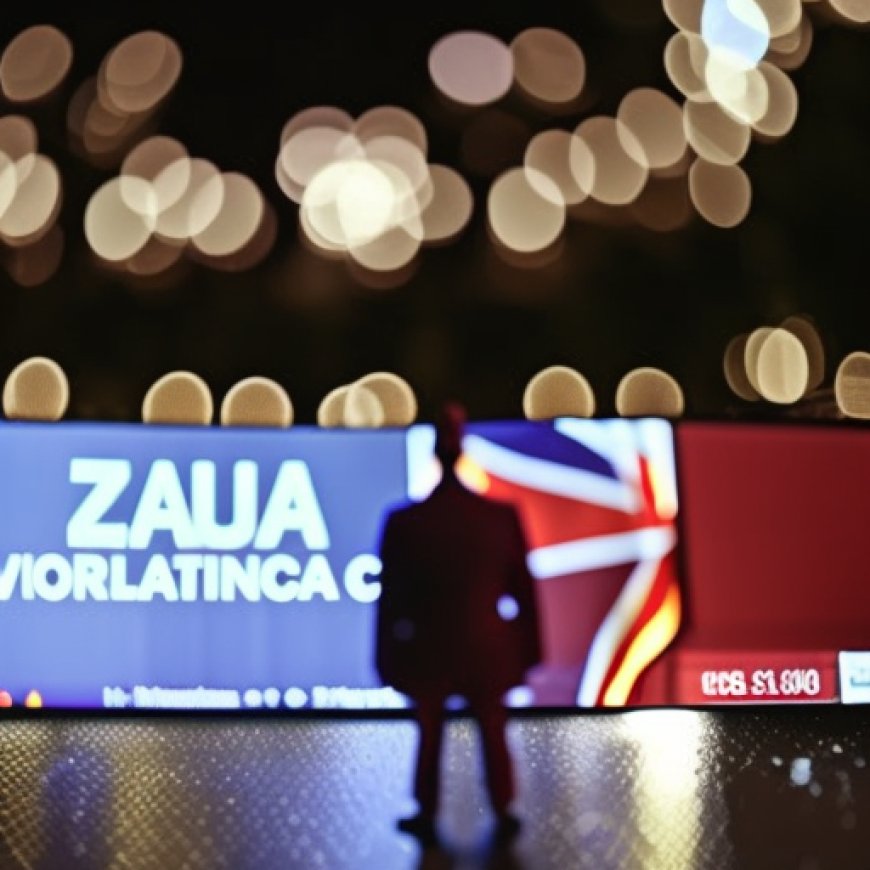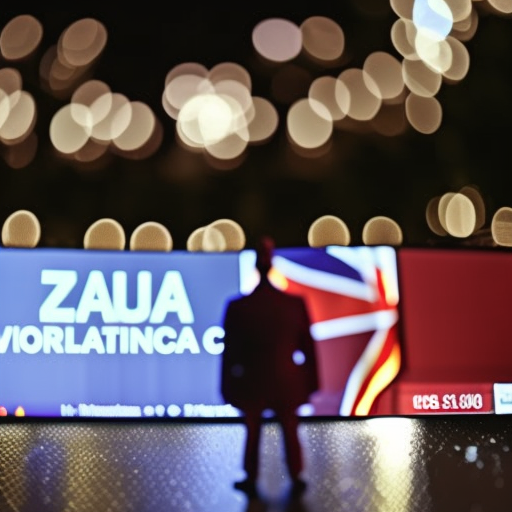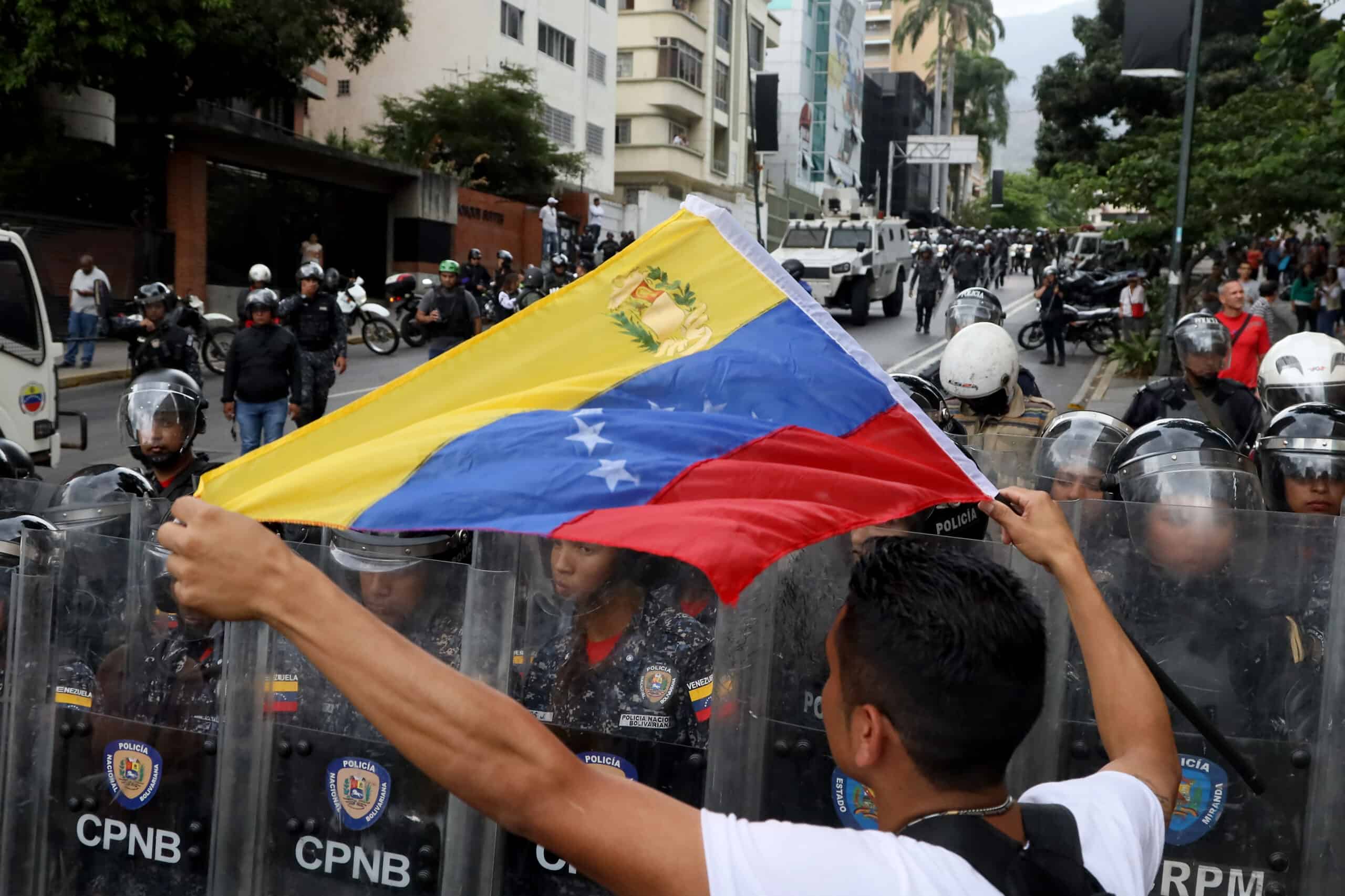Combating Disinformation: Venezuela’s Case Before the International Criminal Court – WOLA
Combating Disinformation: Venezuela's Case Before the ... Washington Office on Latin America (WOLA)


Venezuela and the International Criminal Court (ICC): A Report on the Investigation

Venezuela is the only country in Latin America with an open investigation before the International Criminal Court (ICC). The case has been the object of disinformation on behalf of Venezuelan authorities and the language surrounding the ICC can at times be confusing for those who are unfamiliar with international law. The Washington Office on Latin America (WOLA) believes that it is important to bring this process closer to the international community, to decision-makers in Washington D.C., to Venezuelans, and to those who follow what is happening in Venezuela. That is why, through a series of questions and answers written in plain English, we are bringing you an easy-to-understand publication on the ICC investigation on Venezuela.
The International Criminal Court (ICC)
The ICC is a judicial institution created in 2002 that seeks accountability for those most responsible for some of the world’s worst crimes: genocide, crimes against humanity, war crimes, and the crime of aggression. The founding treaty of the ICC, the Rome Statute, was adopted by the UN General Assembly at a conference held in Rome in July 1998 and, after being ratified by more than sixty countries (including Venezuela in 2000), entered into force on July 1, 2002. The Office of the Prosecutor is an independent branch of the Court and is responsible for receiving information, conducting investigations, and prosecuting cases before the Court. In 2021, the Office of the Prosecutor was headed by British lawyer Karim Khan.
The ICC is a permanent court with a universal vocation, governed by the principle of complementarity. The ICC complements national jurisdictions, which means that States have priority when it comes to carrying out investigations and providing justice to victims, but the Court can come into operation when it is demonstrated that the State is unable or unwilling to fulfill its obligations to investigate and punish those responsible for these crimes.
Two additional aspects are fundamental to understanding how the ICC works. First, the ICC tries individuals, not states. Second, the Court’s jurisdiction is limited to the most serious crimes against humanity described in the Rome Statute, the Court’s founding treaty. These crimes, all equally serious, are: genocide, crimes against humanity, war crimes, and aggression. In order for the Court to find that any of these crimes have been committed, conditions called the “elements of crimes” must be met, including specific conduct, elements of intent, and contextual circumstances. For example, in the case of crimes against humanity, as contextual elements, it must be demonstrated that a widespread or systematic attack has been committed against a civilian population, with knowledge of the attack.
The ICC Investigation on Venezuela
After receiving information from various sources about crimes allegedly being committed in Venezuela, in February 2018 the then ICC Prosecutor Fatou Bensouda announced that her office would open a preliminary examination on Venezuela, which is a stage before the opening of an investigation. It would analyze facts committed since April 2017, which included excessive use of force in the context of demonstrations, arbitrary detentions, and torture by members of the Venezuelan State. On September 27, 2018, the ICC Prosecutor received a referral from six States parties to the Rome Statute – Argentina, Canada, Colombia, Chile, Paraguay, and Peru – to initiate an investigation into crimes against humanity allegedly committed in Venezuela since February 12, 2014. In December 2020, the Office of the Prosecutor stated that the information available provides reasonable grounds to believe that crimes against humanity have been committed in Venezuela. These include crimes such as political persecution, imprisonment or other severe deprivation of physical liberty, torture, rape, and/or other forms of sexual violence by civilian authorities, members of the armed forces, and government supporters.
On November 3, 2021, after visiting Venezuela as part of the preliminary examination, Prosecutor Khan announced that the preliminary examination had been concluded and decided to formally open an investigation. The Prosecutor’s announcement was accompanied by an agreement between the Bolivarian Republic of Venezuela and the Office of the Prosecutor to continue fostering cooperation between the parties to facilitate genuine criminal investigations in Venezuela. However, shortly thereafter, the Venezuelan government asked the ICC Prosecutor to stop the investigation calling for the activation of article 18 (2) of the Rome Statute, on the basis that the Venezuelan State itself was investigating these facts. Therefore, the process was temporarily suspended. On June 27, 2023, the Pre-Trial Chamber decided to allow the ICC Prosecutor to resume his investigation on Venezuela. Then, on July 3, Venezuela appealed this decision and requested an extension to formalize the appeal, which was granted until August 14, 2023. Once formalized, it will be necessary to wait for the judge’s decision on this appeal.
It is important to note that the preliminary examination concluded in November 2021 is called Venezuela I. However, on February 13, 2020, the Government of Venezuela requested to investigate alleged crimes against humanity committed as a result of the implementation of sanctions adopted by the U.S. government in 2014. This became the Venezuela II Preliminary Examination, and is currently still open, in the second of the four phases that make up the examination (initial assessment, competence, admissibility, analysis of the interests of justice). The following questions and answers refer to the investigation opened under Venezuela I.
The Decision of the Pre-Trial Chamber
-
SDGs, Targets, and Indicators Relevant to the Article
1. Which SDGs are addressed or connected to the issues highlighted in the article?
- SDG 16: Peace, Justice, and Strong Institutions
- SDG 5: Gender Equality
The article discusses the International Criminal Court’s investigation into alleged crimes against humanity in Venezuela, which relates to SDG 16’s goal of promoting peace, justice, and strong institutions. It also mentions crimes of a sexual nature, which connects to SDG 5’s target of eliminating violence against women and girls.
2. What specific targets under those SDGs can be identified based on the article’s content?
- Target 16.3: Promote the rule of law at the national and international levels and ensure equal access to justice for all.
- Target 5.2: Eliminate all forms of violence against all women and girls in the public and private spheres.
The article highlights the importance of accountability for crimes against humanity and the need for justice for victims, which aligns with Target 16.3. It also mentions crimes of a sexual nature, indicating the relevance of Target 5.2 in addressing violence against women and girls.
3. Are there any indicators mentioned or implied in the article that can be used to measure progress towards the identified targets?
- Indicator for Target 16.3: Proportion of population who have experienced a dispute in the past two years and who accessed a formal or informal dispute resolution mechanism, by type of mechanism.
- Indicator for Target 5.2: Proportion of ever-partnered women and girls aged 15 years and older subjected to physical, sexual, or psychological violence by a current or former intimate partner in the previous 12 months, by form of violence.
While the article does not explicitly mention specific indicators, these indicators can be used to measure progress towards the identified targets. The first indicator relates to access to justice and dispute resolution mechanisms, which is relevant to Target 16.3. The second indicator measures the prevalence of violence against women and girls, which is relevant to Target 5.2.
Table: SDGs, Targets, and Indicators
SDGs Targets Indicators SDG 16: Peace, Justice, and Strong Institutions Target 16.3: Promote the rule of law at the national and international levels and ensure equal access to justice for all. Proportion of population who have experienced a dispute in the past two years and who accessed a formal or informal dispute resolution mechanism, by type of mechanism. SDG 5: Gender Equality Target 5.2: Eliminate all forms of violence against all women and girls in the public and private spheres. Proportion of ever-partnered women and girls aged 15 years and older subjected to physical, sexual, or psychological violence by a current or former intimate partner in the previous 12 months, by form of violence. Behold! This splendid article springs forth from the wellspring of knowledge, shaped by a wondrous proprietary AI technology that delved into a vast ocean of data, illuminating the path towards the Sustainable Development Goals. Remember that all rights are reserved by SDG Investors LLC, empowering us to champion progress together.
Source: wola.org

Join us, as fellow seekers of change, on a transformative journey at https://sdgtalks.ai/welcome, where you can become a member and actively contribute to shaping a brighter future.







